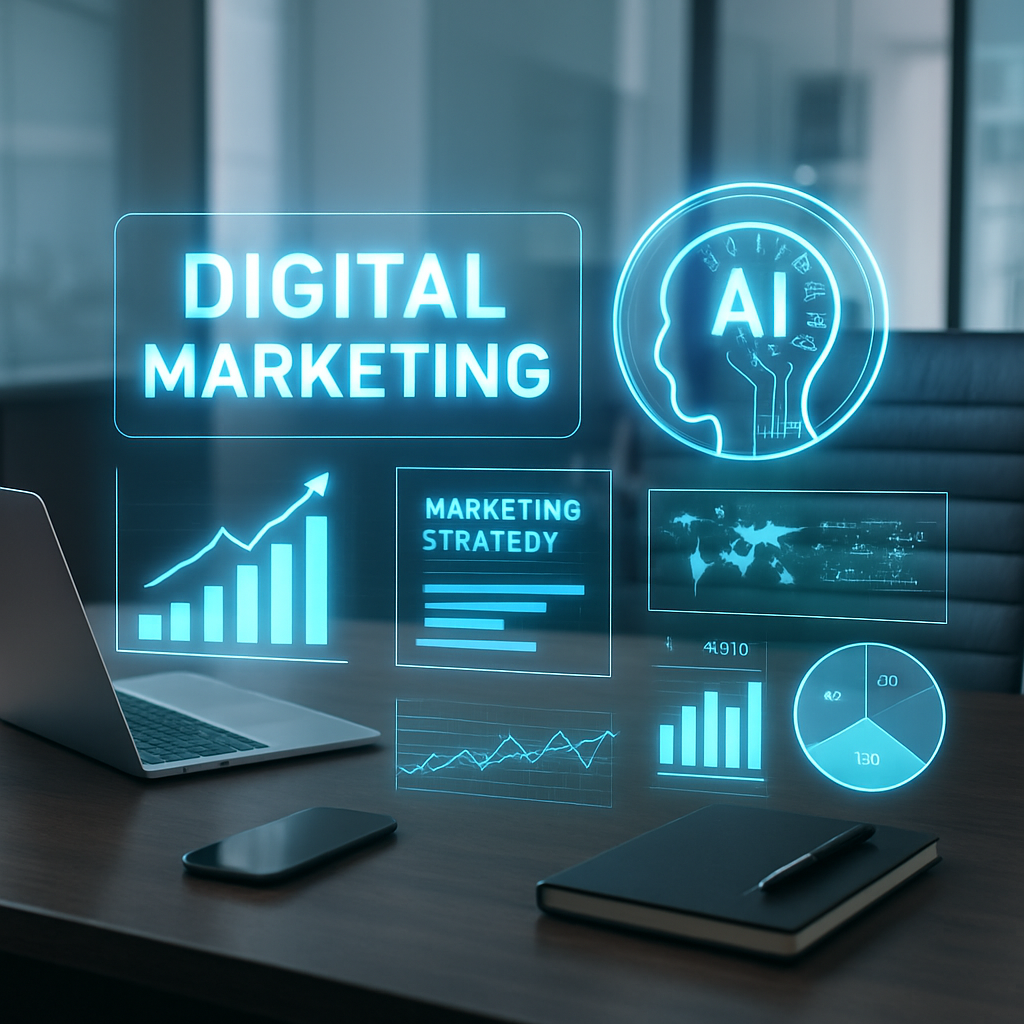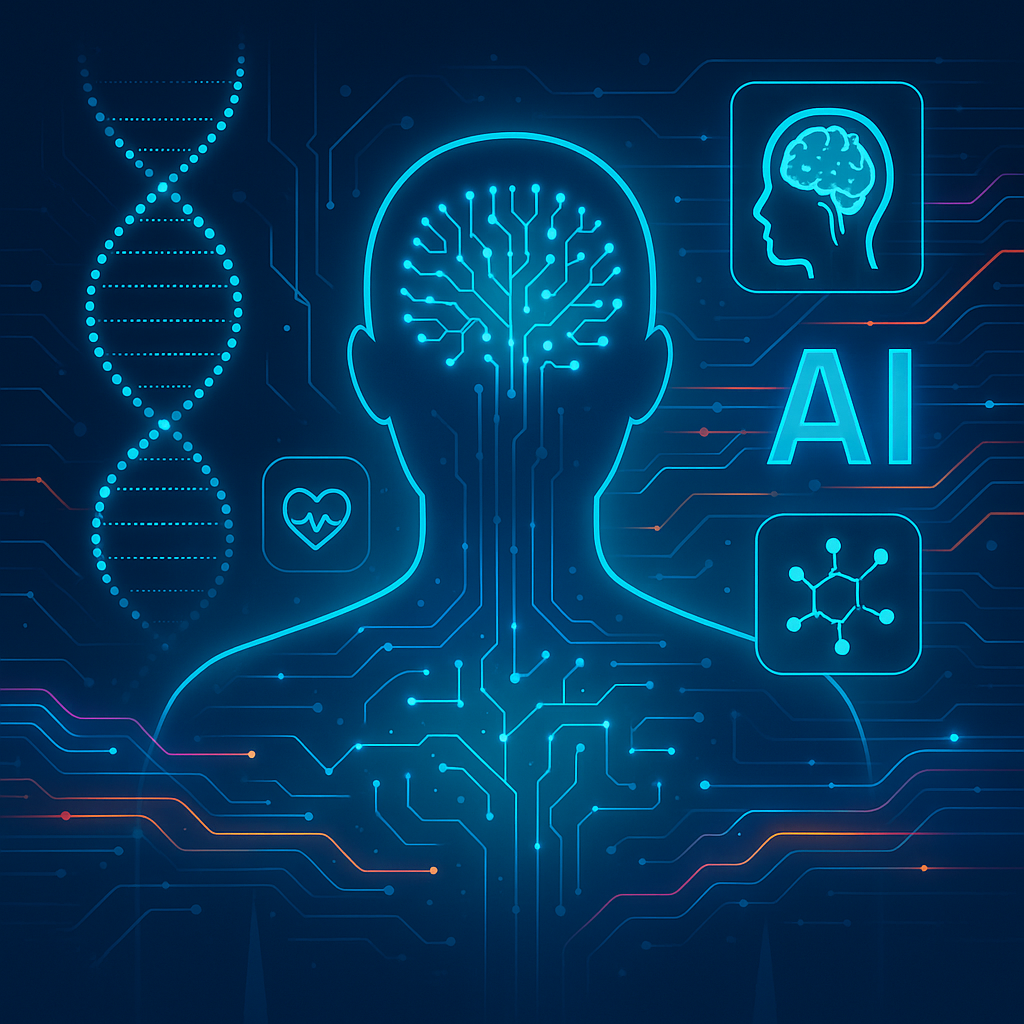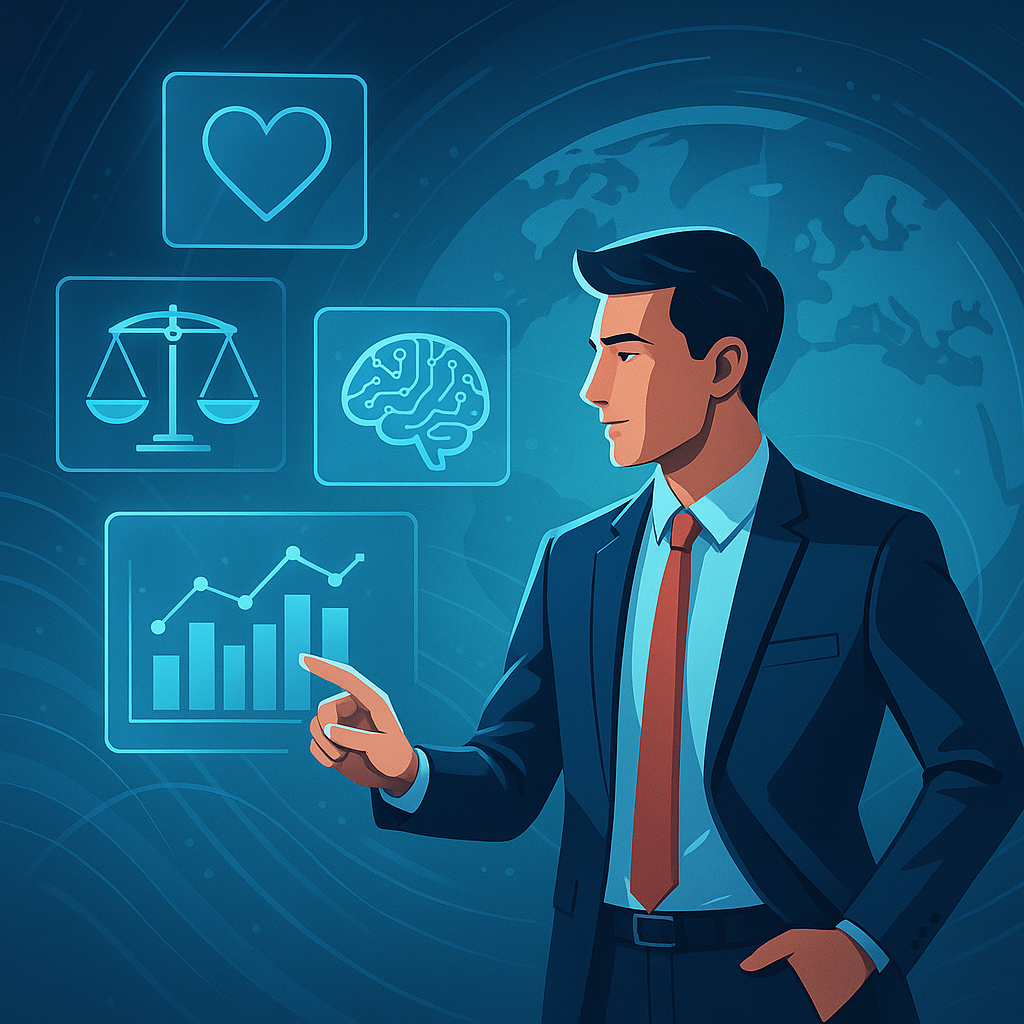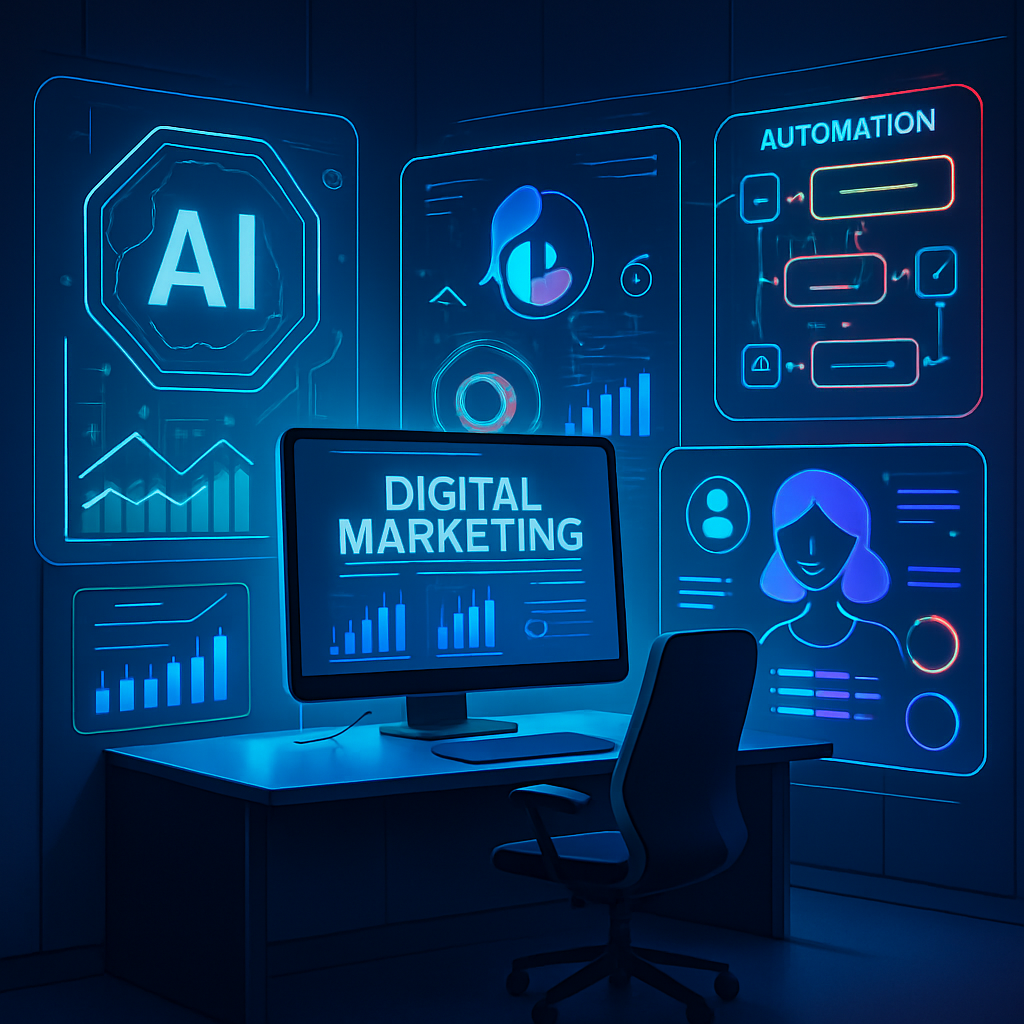
Harnessing Artificial Intelligence: Revolutionizing Online Marketing with AI
Introduction: The AI Evolution in Online Marketing
Artificial intelligence (AI) continues to redefine the landscape of online marketing, ushering in a new era where data-driven insights and automation converge to create powerful customer engagement experiences. As of 2025, sophisticated AI algorithms and tools have enabled marketers to craft hyper-personalized campaigns while optimizing efficiency across channels.
Understanding AI in Modern Online Marketing
At its core, ai online marketing leverages artificial ai technologies—including machine learning, natural language processing, and predictive analytics—to analyze customer behavior, automate content delivery, and optimize campaign targeting. These capabilities empower brands to anticipate user needs, interact dynamically, and scale marketing efforts with unprecedented precision.
From Data to Actionable Intelligence
Advanced AI systems ingest vast datasets encompassing user interactions, purchase patterns, and social sentiment. By employing sophisticated models, these systems translate raw data into actionable marketing strategies, enabling real-time personalization while minimizing guesswork.
Key Innovations Driving AI-Enabled Marketing
1. Hyper-Personalization at Scale
Artificial AI-driven platforms now personalize messaging and offers based on individual behaviors and preferences. For example, streaming media services use AI to curate tailored content recommendations that respond instantly to a user’s viewing history, ensuring higher engagement and longer session durations.
2. Predictive Customer Journeys
AI algorithms forecast possible customer pathways by analyzing historical data, allowing marketers to anticipate user decisions and adjust campaigns proactively. E-commerce giants use these predictions to optimize product suggestions and timing of communications, thereby boosting conversion rates.
3. Conversational AI and Chatbots
Artificial intelligence-powered chatbots offer 24/7 support with natural language processing capabilities that create human-like interactions. These AI agents handle inquiries, guide purchases, and collect feedback, enhancing customer satisfaction while reducing operational costs.
4. Automated Creative Content Generation
Modern AI systems generate dynamic content—from ad copy to visuals—that adapts to different audience segments. This automation accelerates campaign deployment and ensures consistent brand messaging across platforms.
Illustrative Examples of AI Transformations in Marketing
Retail Sector
A global apparel brand adopted an AI-based recommendation engine that increased average order value by 25%. By integrating artificial AI, the brand automatically personalized product suggestions and promotional offers based on real-time browsing and purchase behavior.
Travel and Hospitality
Leading travel platforms utilize AI-powered predictive analytics to identify customers most likely to book last-minute trips. These insights enable targeted marketing initiatives featuring exclusive deals, driving higher engagement and optimized revenue.
Financial Services
Banks have introduced chatbots capable of guiding customers through complex product queries and personalized financial advice. These AI applications improve service accessibility and customer loyalty while reducing response times.
Challenges and Ethical Considerations
While artificial AI unlocks remarkable marketing opportunities, it also raises concerns about privacy, data security, and transparency. Businesses must navigate these challenges by ensuring compliance with regulations, adopting responsible AI practices, and maintaining clear communication to build trust with customers.
The Future Outlook: AI and Online Marketing Synergy
The trajectory of artificial AI technologies points toward even greater integration of immersive experiences powered by augmented reality, voice assistants, and AI-driven video marketing. Marketers embracing this evolution will craft seamless, emotionally resonant connections, making AI indispensable to digital strategy.
Conclusion
The revolution of ai online marketing in 2025 exemplifies the transformative power of artificial AI technologies. From hyper-personalization to predictive analytics and conversational agents, AI is not only enhancing existing marketing paradigms but also forging novel paths to engage audiences with precision and empathy. As innovation continues at a rapid pace, businesses leveraging AI thoughtfully will redefine customer relationships and the very art of marketing itself.







